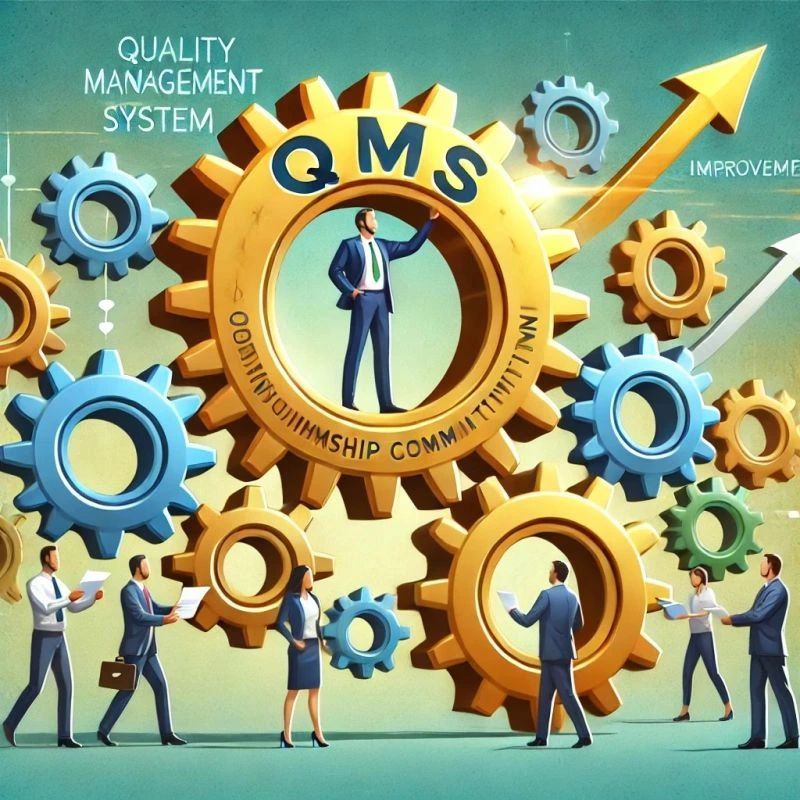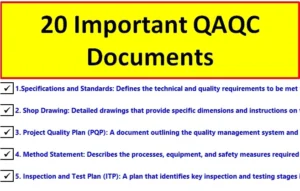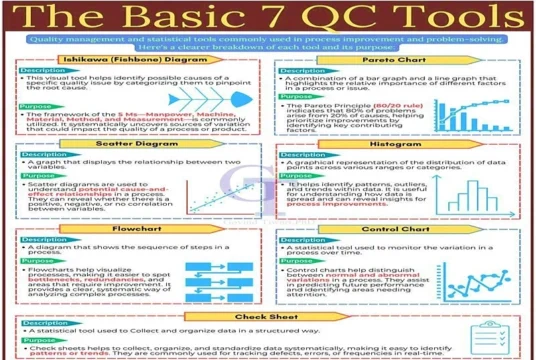
Keeping Management Engaged with the Quality Management System (QMS)
Leadership commitment is the cornerstone of an effective Quality Management System (QMS). Without strong and consistent support from management, even the most well-designed QMS can lose momentum, leading to degraded processes and missed opportunities for improvement. Here’s how organizations can ensure that management remains engaged and aligned with QMS objectives:
- Align QMS Goals with Strategic Objectives: Management is more likely to stay committed when the QMS goals are closely tied to the organization’s strategic priorities. Highlight how QMS initiatives can drive overall business success and improve key performance metrics.
- Regularly Review QMS Performance: Create structured reviews, such as monthly or quarterly QMS performance meetings, where top management can assess progress, address challenges, and celebrate successes. This keeps the system dynamic and aligned with business needs.
- Promote a Culture of Quality: Management should be the role models for a quality-centric culture. This means actively participating in quality discussions, recognizing efforts, and communicating the value of quality in every project or initiative.
- Invest in Training and Awareness: Provide ongoing training for management on their role in the QMS. Understanding the benefits and long-term impacts helps reinforce their commitment. Awareness sessions can emphasize how their engagement directly influences process efficiency and customer satisfaction.
- Involve Management in Audit Processes: Engage leadership in internal and external audits as observers or participants. This offers insights into the real-time functioning of the QMS and allows them to witness areas of improvement and strengths firsthand.
- Feedback Loop with Teams: Establish a feedback mechanism where managers can hear directly from employees about the QMS’s effectiveness and their role in supporting it. This reinforces management’s understanding of the ground realities and keeps the QMS improvement-oriented.
Leadership plays a pivotal role in sustaining a robust QMS. By keeping management engaged and aligned with the system’s goals, organizations can ensure a culture of continuous improvement, ultimately driving greater efficiency, compliance, and customer satisfaction.






